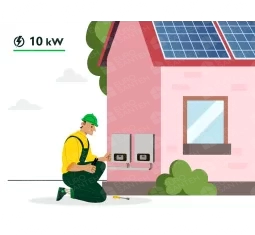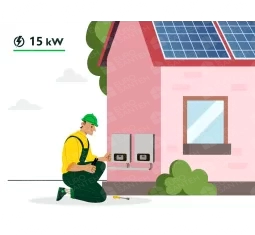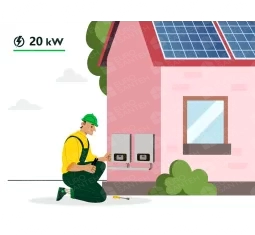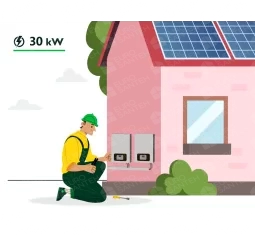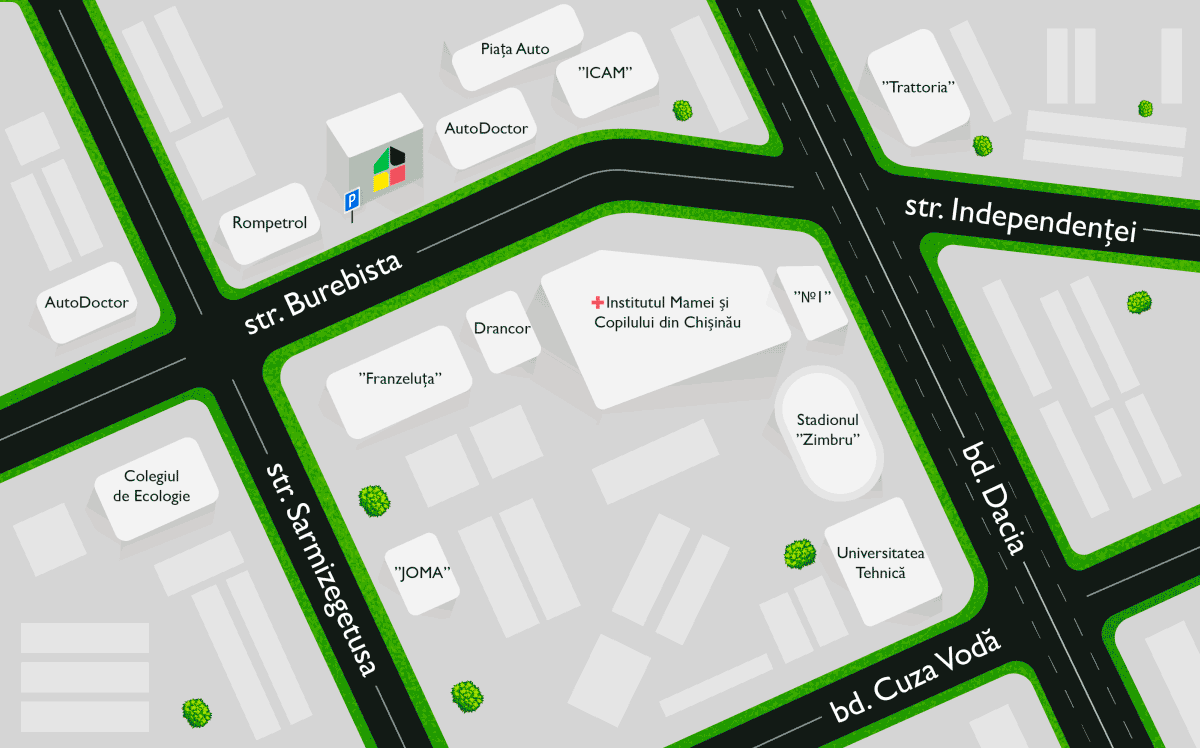Maintenance of inverters and controllers
Inverters and controllers are integral components in solar energy systems, responsible for converting and managing harvested solar energy. To ensure prolonged and trouble-free operation of these devices, regular and high-quality maintenance is essential. This maintenance plays a critical role in extending equipment life, enhancing efficiency, and ensuring the continuous operation of the entire solar energy system.
1. Periodic Inspection of Inverters and Controllers:
One of the crucial steps in maintaining solar inverters and controllers is regular inspection of their physical condition. This involves a visual check for identifying damages, corrosion, and verifying the fastenings and connections.
2. Testing Electrical Parameters:
To maintain the operational efficiency of inverters and controllers, periodic testing of electrical parameters is necessary. This includes measuring voltage, current, and frequency to identify any anomalies that may affect the system's performance.
3. Checking Inverter Circuits:
Inverter circuits are key components of solar energy systems. Regular checking of their state and functionality helps prevent potential failures in the process of converting direct current into alternating current.
4. Software Updates:
Many modern inverters and controllers are equipped with software that can be maintained and updated. Regular software updates are crucial for eliminating potential vulnerabilities, improving performance, and extending functionalities.
5. Cleaning and Maintaining Cooling Systems:
Dust, dirt, and other impurities can negatively impact the cooling systems of inverters. Regular cleaning of fans and radiators helps prevent overheating and ensures optimal heat transfer.
6. Preventive Maintenance of Batteries:
If batteries are used for storing solar energy, regular battery maintenance is necessary. This includes checking the charge level, electrolyte condition (for batteries with electrolyte), and measuring internal resistance.
7. Checking Charge Controllers:
Charge controllers play a crucial role in managing battery charging and maintaining an optimal regimen for solar panels. Regular checking of their functionality and periodic calibration contribute to avoiding issues related to charging and discharging.
8. Monitoring Efficiency:
Installing a monitoring system allows real-time tracking of the performance of inverters and controllers. This enables swift interventions in case of deviations from normal operation and helps maintain the efficiency of the entire system.
9. User Training:
Often, the success of operating solar energy systems depends on correct usage by end-users. Providing instructions and recommendations on proper usage helps reduce the risk of misuse and extends the lifespan of the equipment.
10. Regular Technical Maintenance Planning:
The foundation for smooth operation of solar inverters and controllers is a regular technical maintenance plan. This plan includes the scheduled execution of all necessary procedures, from visual inspection to key parameter testing.
Regular maintenance of solar inverters and controllers is a crucial step in ensuring the long-term efficiency of a solar energy system. Only through careful and timely maintenance can you extract the maximum from renewable energy sources, promoting ecological sustainability.
Remember that for the maintenance of solar inverters and controllers, it is advisable to seek professional services with expertise in the field. This ensures quality work and the prolonged durability of your solar energy system.
